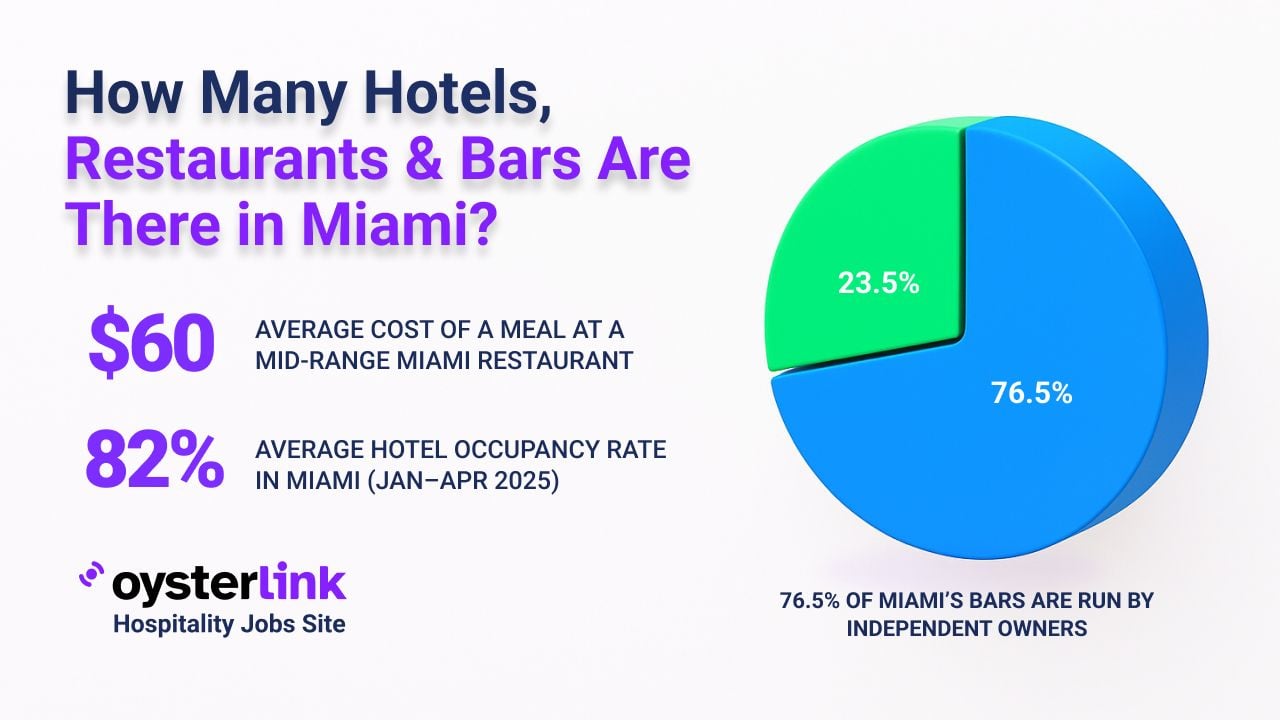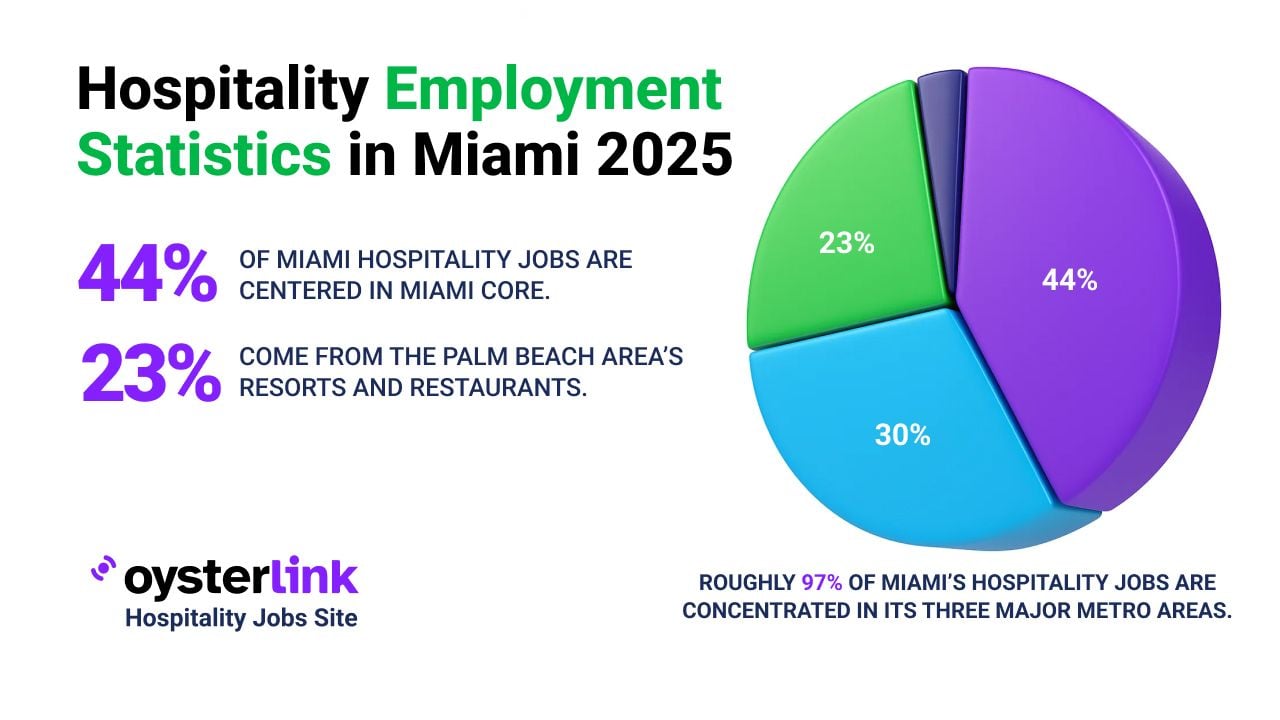Barista Salary Negotiation Tips: Key Takeaways
- Barista compensation generally includes base pay, tips, and sometimes bonuses or benefits.
- Federal minimum base pay for tipped employees is $2.13/hour but total earnings (wages + tips) must meet at least $7.25/hour, with many states enforcing higher minimum wages.
- Negotiation strategies should consider the full compensation package and emphasize preparation, communication, and knowing your worth.
Negotiating your barista salary requires understanding all pay components: base wage, tips, and bonuses. This guide offers critical insights to boost your earnings through effective negotiation.
By mastering these tips, baristas can confidently engage with employers to secure fair compensation that reflects their skills and value.
Employers looking to improve their hiring processes and retain top barista talent may benefit from insights on how to hire a barista.
1. Understanding Barista Base Pay and Minimum Wage Laws
Base pay forms the foundation of a barista’s compensation, but it varies widely depending on location, experience, and employer policies.
Under federal law, tipped employees can be paid as little as $2.13 per hour in base wages, provided that tips bring total hourly earnings up to at least $7.25. If this threshold isn’t met, employers must compensate the difference to ensure compliance.
However, many states set higher minimum wages for tipped workers. For example, California mandates a minimum wage of $16.00 per hour regardless of tips.
Knowing your state's wage laws is critical before negotiation. This helps ensure you know the legal minimum base pay and can negotiate confidently for fair compensation.
State Wage Variations for Baristas
Your base pay expectations should be adjusted depending on your state’s laws. For instance:
- Higher-Wage States: States like Washington, Oregon, and California have minimum wages for tipped workers above the federal minimum.
- Federal Minimum Wage States: Some states follow the federal $7.25 minimum wage with a $2.13 tipped minimum wage.
Research your local labor department’s website or resources like the U.S. Department of Labor’s Wage and Hour Division for precise details.
Restaurant owners looking to understand wage laws can also check detailed guidance on restaurant wages compared by state, which can help optimize your staff compensation strategy.
2. Maximizing Income Through Tips and Bonuses
Tips are often a major portion of a barista's take-home pay but are inherently variable.
Income from tips depends on customer volume, location, and service quality. When negotiating, consider discussing the average tip amounts at the establishment and how these affect your overall income.
Bonuses and additional benefits can significantly boost your compensation package. These may include:
- Performance-based bonuses for meeting sales targets or customer service goals
- Health insurance or retirement benefits
- Paid time off or flexible scheduling
- Professional development opportunities
If an employer cannot increase your base pay, negotiating for more attractive bonuses or benefits can provide valuable compensation beyond dollars per hour.
For employers, exploring restaurant incentives for employees can be a useful strategy to attract and retain skilled baristas and service staff.
3. Effective Negotiation Strategies for Barista Salaries
Strong negotiation starts with preparation and understanding your value.
Research and Prepare Your Case
Use trusted sources to learn the average salaries and wages for baristas in your area, factoring in tips and bonuses.
Refer to data from the Bureau of Labor Statistics or salary sites to gather benchmark information.
Highlight Your Skills and Experience
Emphasize what sets you apart, such as years of experience, customer service skills, or a track record of boosting sales or customer satisfaction.
Providing concrete examples shows employers your value adds beyond just making coffee.
Baristas can enhance their negotiation skills by reviewing barista interview questions techniques to demonstrate their value effectively.
Consider the Whole Compensation Package
If base pay is non-negotiable, look at other elements like tips, bonuses, benefits, or perks.
Propose flexible hours, additional vacation days, or professional training if salary increases aren’t possible.
Communicate Clearly and Collaboratively
Approach the conversation with a positive and flexible mindset.
Active listening and being open to compromise can lead to solutions beneficial for both you and your employer.
Know When to Walk Away
If negotiations don’t meet your minimum needs and there’s no room for adjustment, be prepared to decline politely.
This confidence shows you value your worth and may encourage employers to reconsider or open opportunities elsewhere.
Employers can benefit from understanding how to hire a barista effectively, including recognizing the value baristas bring to their business.
4. Practical Tips to Boost Salary Negotiation Success
- Document your accomplishments and positive feedback from supervisors or customers to support your requests.
- Practice your negotiation conversation with a friend or mentor to gain confidence.
- Be punctual and professional, ensuring the discussion happens at an appropriate time.
- Show enthusiasm for the position and workplace culture alongside your compensation requests.
Baristas and employers can also explore how to negotiate salary best practices to improve outcomes in pay discussions.
5. Additional Resources for Barista Compensation Law and Salary Data
- U.S. Department of Labor – Fair Labor Standards Act (FLSA) Guidance
- Bureau of Labor Statistics – Food and Beverage Serving Occupations
- National Employment Law Project – Tipped Minimum Wage Issues
- State Labor Department Contacts and Resources Directory
For further insights into the barista profession, consider exploring the barista salary overview, or how to become a barista for career advancement.
Barista Salary Negotiation Tips: Conclusion
Comprehensively understanding the base pay, tips, bonuses, and benefits components empowers baristas in salary negotiations.
By researching wage laws, highlighting value, and communicating openly, you can negotiate a fair compensation package that reflects your skills and enhances your financial well-being.
Use the available resources to stay informed, and approach negotiation confidently to maximize your earnings as a barista.
Employers aiming to improve recruitment and retention of baristas might find value in knowing why restaurant consulting for new owners matters as it can impact staffing and salary planning.




.webp)
.webp)